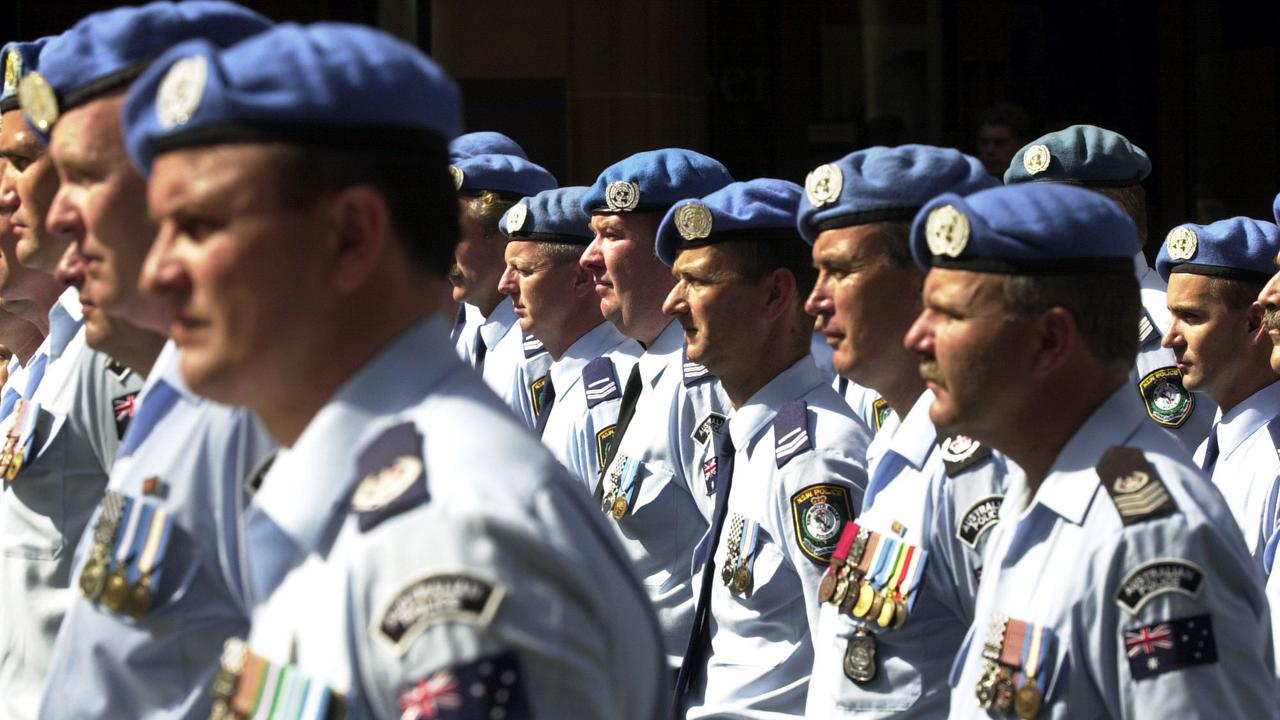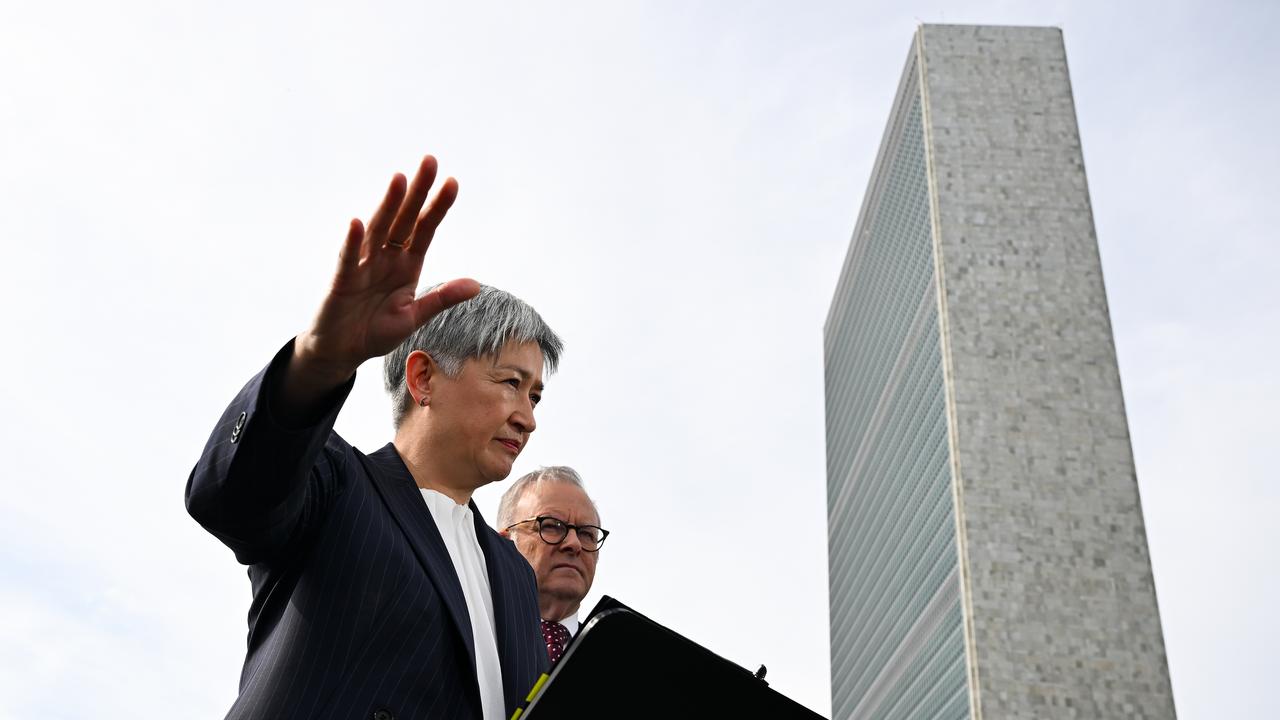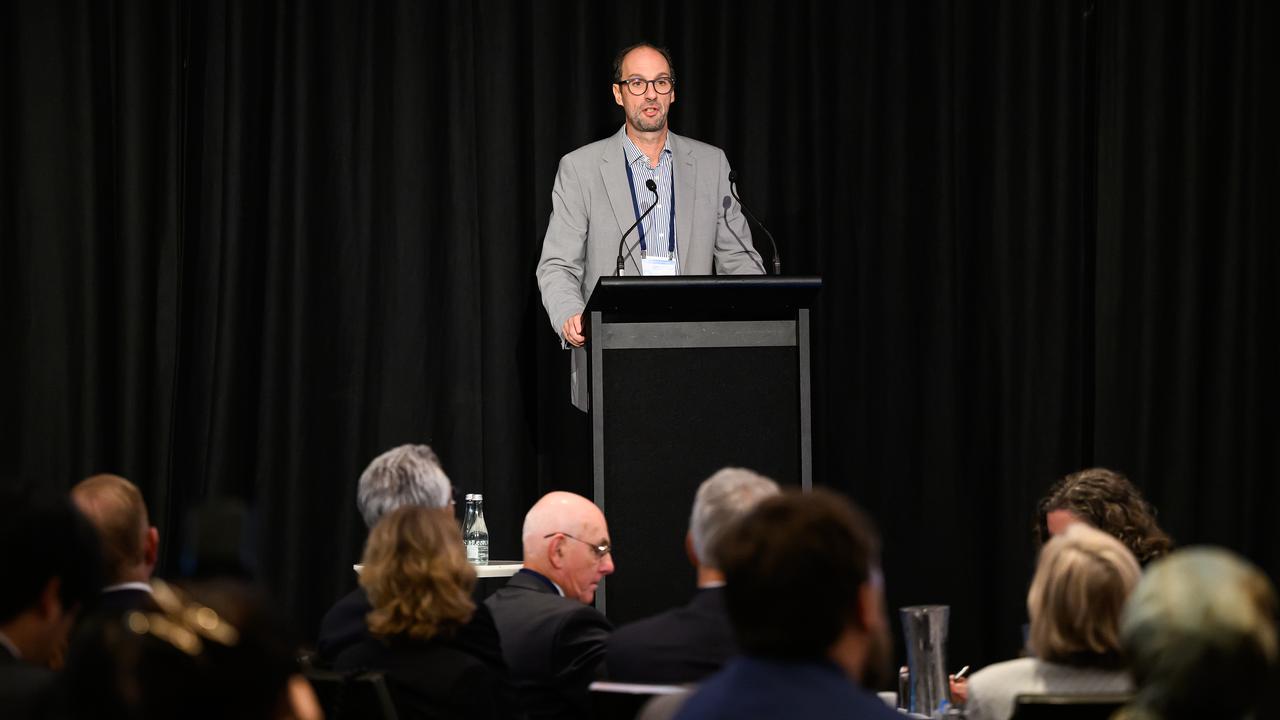
Australia and the Pacific could be victims of a United Nations in crisis, as funding problems challenge the international body.
UN officials said its 80th birthday on Friday was less a celebration and more an existential crisis as it deals with a financial black hole driven by late or non-payment of dues by the US and China.
Foreign Minister Penny Wong told the UN at 80 conference in Sydney there was "little faith" the organisation can meet the geo-strategic challenges currently faced.
Six of the UN's former top 10 donors are set to decrease their contributions, the senator said in a statistic she labelled "confronting".

"The changing way major powers are engaging and asserting themselves, the trend away from rules towards the exercise of power - many of us have observed we are living in the most difficult strategic circumstances since World War II," Senator Wong said.
"The United Nations won't change if we don't change.
"Ultimately, this will need to be driven by and envisioned by middle powers and smaller countries, because as Australia knows, we have the greatest interest."
Cumulative funding cuts are expected to amount to $29 billion since 2023, Senator Wong said.
Countries pay annual membership fees based on national income and capacity to pay, with Australia handing over US$69.8 million in 2025 and countries such as Nauru and Kiribati parting with the minimum US$34,000.
Set up in the wake of World War II, the UN was established to help maintain peace and foster global co-operation.
But its peacekeeping role is under threat, with a quarter of the UN's military and police personnel on global missions sent home due to the current money problems.
The UN could consolidate and trim departments and make others redundant due to the financial crisis.

US President Donald Trump has pulled significant funds from the UN in his 'America First' policy agenda, and the US is the organisation's largest debtor after not paying mandatory contributions.
"UN80 was supposed to be a celebration, a celebration of the achievement of the UN and its member states," UN Information Centre director Miklos Gaspar said.
"But it has taken a different meaning - a meaning of budget cuts and restructuring that is now taking place."
European Union Ambassador to Australia Gabriele Visentin said the nations who committed to the UN in 1945 "chose dialogue over domination and rules over raw power".
"It was one of humanity's most remarkable acts of hope," he said.







